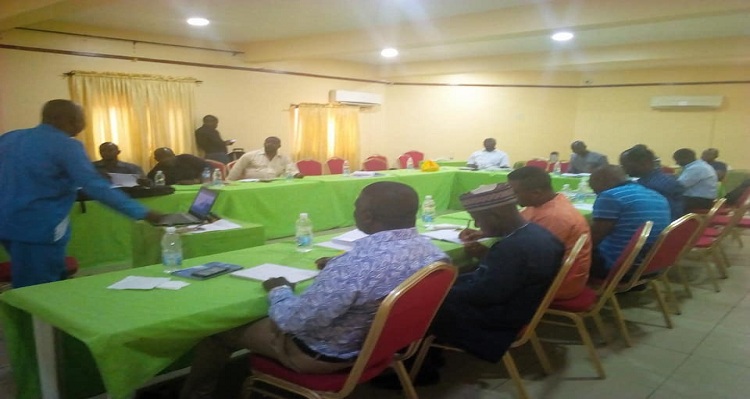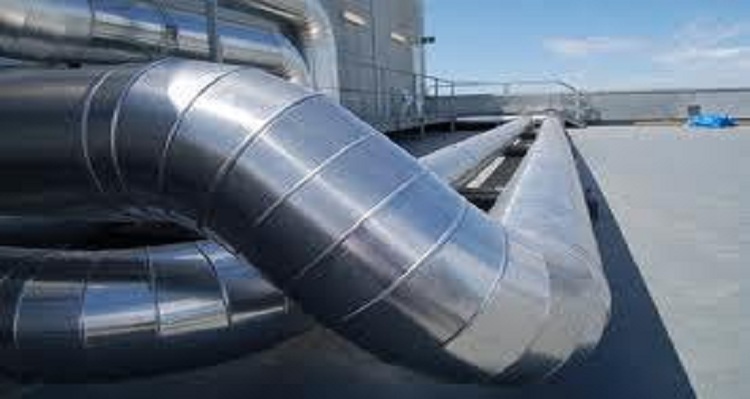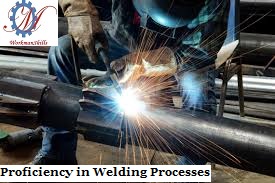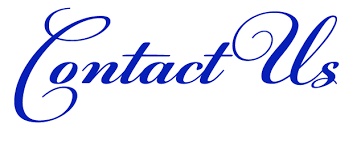An Intensive 2-Day Training Course
Proficiency in Welding Processes
Proficiency in Welding Processes
Tutor-Led Class @ NGN120,000.00 per Participant
Online @ NGN100,000.00 Per participant
On-Site to make formal request
Venue: Mechelectric Conference Centres, Ikeja, Abuja, PH and Ota
Date and Time: November 5 - 6, 2025; 0900Hr - 1600Hr Daily
Course Overview
Welding is a common and a very important joining process in most industries, and of particular importance in the chemical, oil and gas industries, including for example, pipelines and storage tanks. This 3-day training course aims to provide the fundamental principles of welding and welding techniques, helping participants recognize various welding processes. The course will feature:Understanding the types of welding processes.
Appreciating the different types of welding joints.
Recognizing technical prints and symbols related to welding.
Recognizing weld defects and associated problems and learning about mechanical testing, failure of welds and Non-Destructive Testing
Learning about basic welding metallurgy
.
Course Benefits
By attending this WorkmanSkills training course, delegates will be able to:
Target Audience:
Works, Service & Maintenance Personnel
How will this Training Course be Presented?
Facilitated by an experienced welding specialist, this WorkmanSkills training course will be conducted as a highly interactive work session (as opposed to lectures), encouraging participants to share their own experiences and apply the training course material to real-life situations.
Each delegate will receive an extensive reference manual, as well as case studies, while worked out solutions will be handed out to the delegates on conclusion of group discussions. Throughout the training course, delegates will be encouraged to identify what they can do to enhance process reliability in their organizations.
Course Outlines
The Certificate
Certificate of Completion will be provided to delegates who attend and complete the course
Welding is a common and a very important joining process in most industries, and of particular importance in the chemical, oil and gas industries, including for example, pipelines and storage tanks. This 3-day training course aims to provide the fundamental principles of welding and welding techniques, helping participants recognize various welding processes. The course will feature:
Course Benefits
By attending this WorkmanSkills training course, delegates will be able to:
- Understand the use and application of welding techniques and standards
- Understand the various types of welding joints
- Learn about the different types of electrodes and standards
- Appreciate the variations of welding various types of metals
- Know, through the study of basic metallurgy, how heat treatment may be used to overcome some of the problems associated with welding, including the HAZ
- Recognize and define the basic types of welding defects and failure
- Learn how NDT can be used to detect weld defects.
- Understand how to apply materials testing techniques to examine the strength and quality of welded joints
- Gain an understanding of corrosion test methods and interpretation of results
Target Audience:
Works, Service & Maintenance Personnel
How will this Training Course be Presented?
Facilitated by an experienced welding specialist, this WorkmanSkills training course will be conducted as a highly interactive work session (as opposed to lectures), encouraging participants to share their own experiences and apply the training course material to real-life situations.
Each delegate will receive an extensive reference manual, as well as case studies, while worked out solutions will be handed out to the delegates on conclusion of group discussions. Throughout the training course, delegates will be encouraged to identify what they can do to enhance process reliability in their organizations.
Course Outlines
- Introduction and Weld Joint Design
- Welding Processes
- Welding Technical Prints, Symbols and Basic Metallurgy
- Welding Defects and Imperfections
- Materials Testing and Non-Destructive Testing (NDT)
The Certificate
Certificate of Completion will be provided to delegates who attend and complete the course











